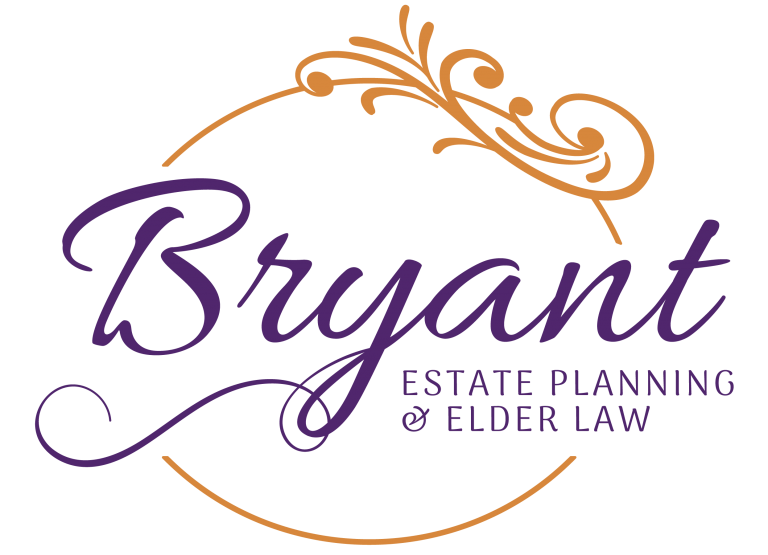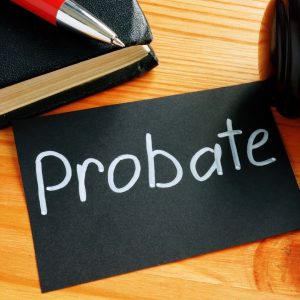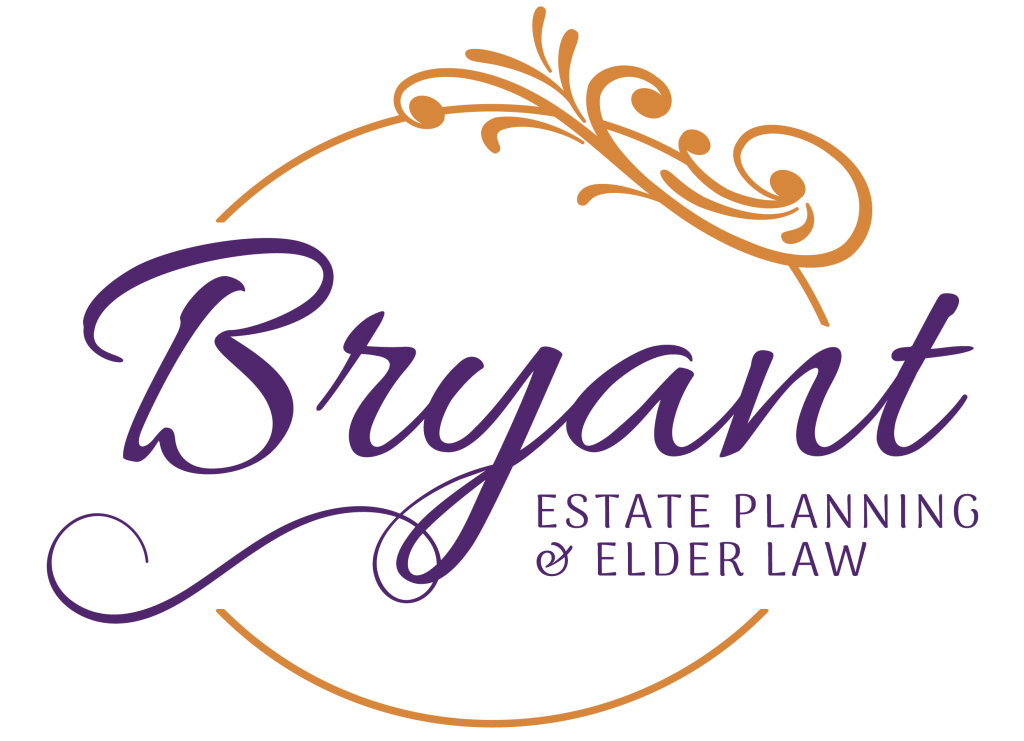When it comes to managing the healthcare of a parent and speaking with a medical provider, California state and federal laws are very strict on who can receive updates. The law is even particular as to which individuals are eligible to make medical decisions on behalf of a parent and/or participate in conversations with doctors and other healthcare providers about the parent’s healthcare. Unfortunately, many individuals do not know that there are certain forms that are required in order for them to be an active participant in their parent’s ongoing or end-of-life medical care.
Not being able to participate in a parent’s medical care can likewise be extremely stressful. For example, a son or daughter could be barred from speaking with a parent’s healthcare provider, obtaining medical information, or making a medical decision on behalf of the parent, absent a guardianship petition. Obviously, this can take up a significant amount of time and money.
By completing the necessary documentation, including a HIPAA authorization form, power of attorney, and/or advance healthcare directive, an individual may be able to speak with a parent’s medical provider and make medical decisions on behalf of an injured or ill parent. A California elder law attorney can assist you with preparing and completing all of this documentation.
Completing the HIPAA Authorization Form
The acronym HIPAA stands for the Health Insurance Portability and Accountability Act, which is a federal statute. This statute establishes various legal standards to keep medical records and other health information private. In fact, under this law, medical professionals are not permitted to talk about or share details regarding an individual’s healthcare unless that individual gives the necessary consent in writing. Family caregivers can complete the form very quickly, and by doing so, eliminate a significant amount of aggravation later on. Moreover, doctors and other healthcare providers will then be in a position to inform certain family members about a parent’s current health status.
Power of Attorney Form
Power of attorney, sometimes known as POA, is a written document that allows an individual to appoint a relative or friend whom he or she trusts to make certain decisions on his or her behalf. While these do not include medical decisions, they do allow the agent to discuss medical billing/insurance issues with medical professionals, hire caregivers, and make decisions about placement.
In addition to having access to certain medical billing and placement information, a power of attorney grants the recipient the power to make financial and legal decisions in the event that an individual is incapacitated. When it comes to POAs, the individual who is granting the power of attorney to a family member must be mentally competent at that time and able to grant the power to someone else.
Advance Healthcare Directive Form
An advance healthcare directive appoints someone to make medical decisions for a person who becomes incapacitated and unable to do so for themselves. Such decisions might include consenting, denying, or withdrawing medical treatment, organ donation, and authority over remains.
Another purpose of an advance healthcare directive is to allow an individual to make a record of his or her wishes regarding care at the end of life – before a serious medical emergency ever happens. If a parent has this document in place, the child will not have to worry about medical decisions that might be difficult later on. All the individual needs to do is follow the instructions outlined in the directive.
POLST Form
This is California’s version of a do-no-resuscitate (DNR) form, and it outlines the patient’s choices for life-prolonging treatment or life-saving attempts. This form is a medical order that should be completed by a medical professional after having an in-depth conversation with the patient about their wishes. This form provides complimentary information to an advance health directive.
An experienced California elder law attorney can advise you on preparing or following any of these important documents to ensure you can ensure your mother has proper care.




